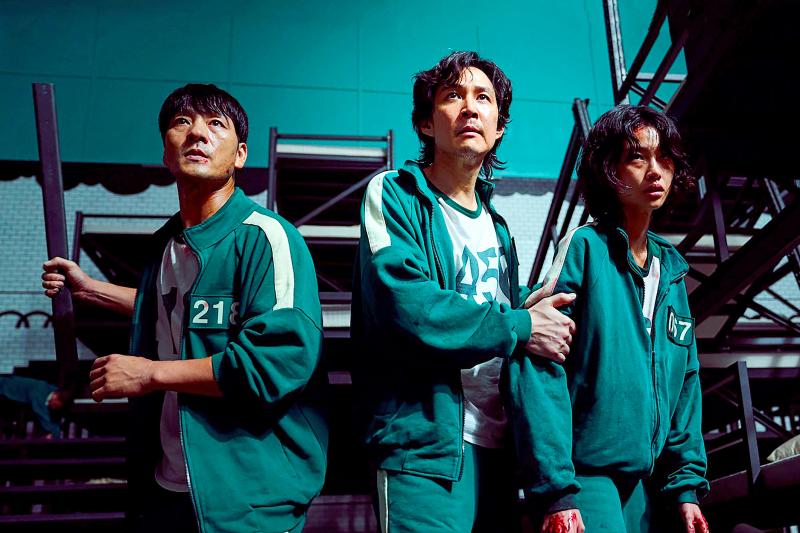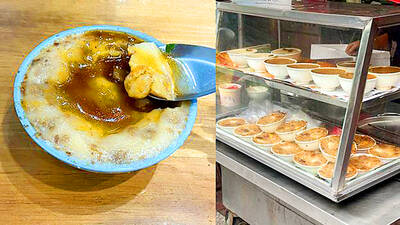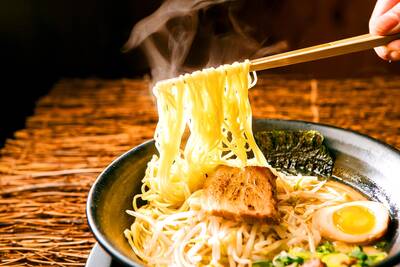Hit Netflix series “Squid Game” from South Korea has gone viral across the world by turning childhood playground games into deadly survival challenges. The horror series has generated much talk since its debut on Sept. 17, becoming the first drama series to top the charts in all 83 countries where Netflix streams.
In the show, the 456 cash-strapped contestants must compete with one another for a prize of 45.6 billion won (about US$38.66 million) in six games. In the “Red Light, Green Light” episode, for example, players are shot for failing to stand still at the red light call. According to the company’s co-chief executive Ted Sarandos, the nine-episode series is expected to become Netflix’s most popular show ever.
Following the success of season one, season two of the show is already in the works. However, due to the extremely violent scenes in the show, some elementary schools have urged parents not to let children watch “Squid Game,” worrying that kids may copy the dangerous playground games.

Photo courtesy of Netflix 照片:網飛提供
(Eddy Chang, Taipei Times)
影音平台網飛推出的熱門南韓影集《魷魚遊戲》,將童年大地遊戲改造為致命生存挑戰,近日在全球一夕爆紅。這部恐怖影集九月十七日開播,隨即掀起熱議,更創下在有網飛服務的所有八十三國登上排行榜冠軍之紀錄。
在這部影集中,共有四百五十六名窮困潦倒的參賽者,將參加一場六項遊戲的生死鬥,爭奪四百五十六億韓元(約三千八百多萬美元)的獎金。例如在「一二三木頭人」的遊戲中,該靜止不動時沒站穩的玩家們就會遭到射殺。網飛共同執行長薩蘭多斯表示,此劇可望成為該平台有史以來最受歡迎節目。
由於第一季大獲成功,第二季據報導已開拍。然而因劇中不少場景太過殘暴,有些小學力勸家長不要讓小孩觀賞《魷魚遊戲》,並擔心孩子可能會模仿那些危險的大地遊戲。
(台北時報張聖恩)

Rice is an essential ingredient in Taiwanese cuisine. Many foods are made of rice, adding more variety to our cooking, such as rice cake, or “gui.” Wagui is made by steaming rice flour batter in a bowl. The term “gui” refers to a type of food made from rice, while “wa” refers to a bowl. The pronunciation of “gui” in Taiwanese Hokkien is similar to the word for “nobility” in Chinese, so it is common for people to prepare various types of gui, including wagui, as offerings to the gods or ancestors,. 米是台灣重要的主食,用米製成的食品十分多元,豐富我們的飲食,如米做成的「粿」。粿的意思是米做成的糕點,碗粿是將在來米漿倒入碗中蒸熟,因而得名。粿因為音同「貴」,因此碗粿等粿食常用作供品祭拜神明和祖先。 nobility (n.) 高貴,高尚;貴族 offering (n.) 供品 While Taiwan may not be

It’s no secret that Japanese people have a deep affection for noodles. Like in the rest of East Asia, noodles are an important staple food, second only to rice. Japanese people have enjoyed noodles for over 1,000 years. The first noodles came from China and were introduced around 800 CE. As time passed, noodles in Japan not only became widespread but also developed some unique Japanese characteristics. The three most popular types of noodles in Japan are ramen, soba, and udon. Ramen, typically made from wheat flour, is usually thin and firm. The dough is kneaded and left to

On Tuesday last week, the flame for this summer’s Paris Olympics was lit at the birthplace of the ancient Olympic Games in southern Greece in a meticulously choreographed ceremony. It will then be carried through Greece for more than 5,000km before being handed over to French organizers at the Athens venue used for the first modern Olympics in 1896. The pageantry at Olympia has been an essential part of every Olympics for nearly 90 years since the Games in Berlin. It’s meant to provide an ineluctable link between the modern event and the ancient Greek original on which it was initially modelled. Once

Drive-through (or drive-thru) restaurants provide people with the immense convenience of being able to purchase and pick up meals without needing to leave their vehicles. These restaurants have been around for decades, and their success has spawned a number of equally handy services. The drive-through concept originated with the drive-in restaurant, the first of which was established in the US in 1921. Patrons would order and eat the food that was delivered to their cars by workers called “carhops.” Ten years later, a drive-through service was introduced, but it was not until 1947 that the first exclusively drive-through restaurant opened its